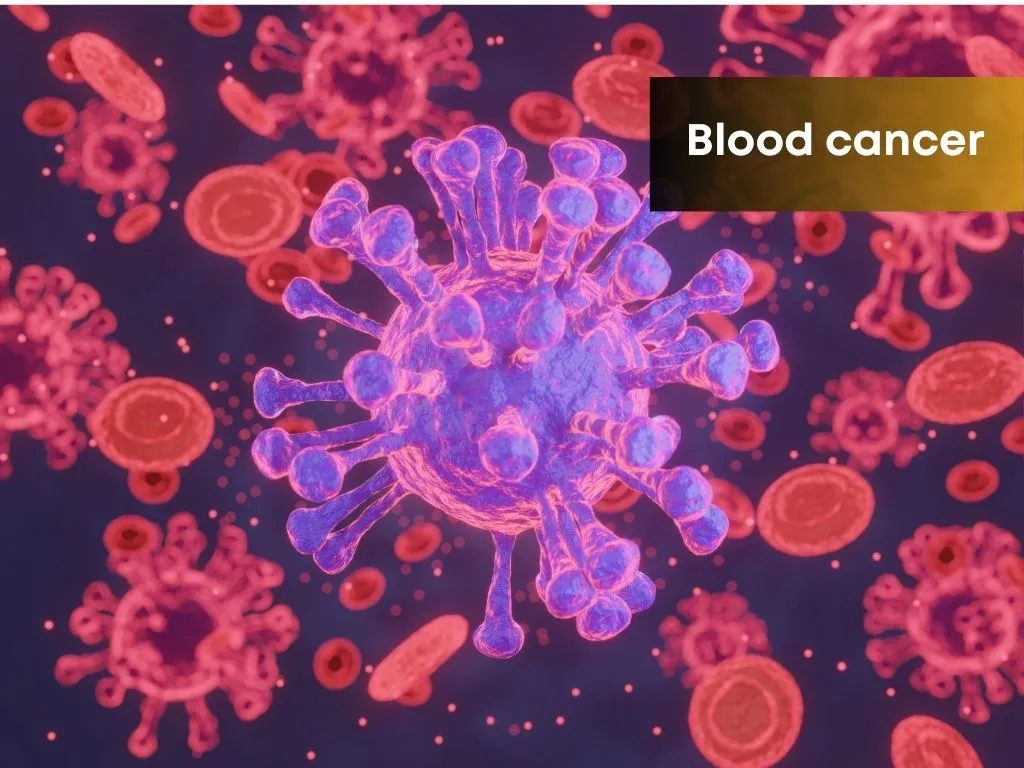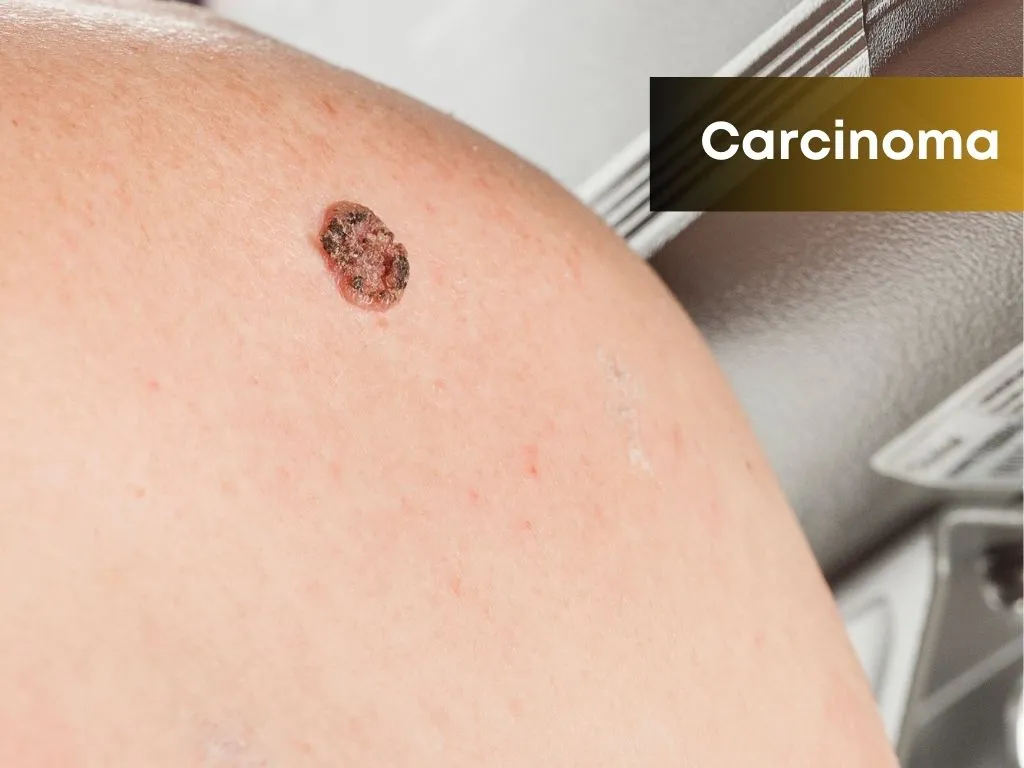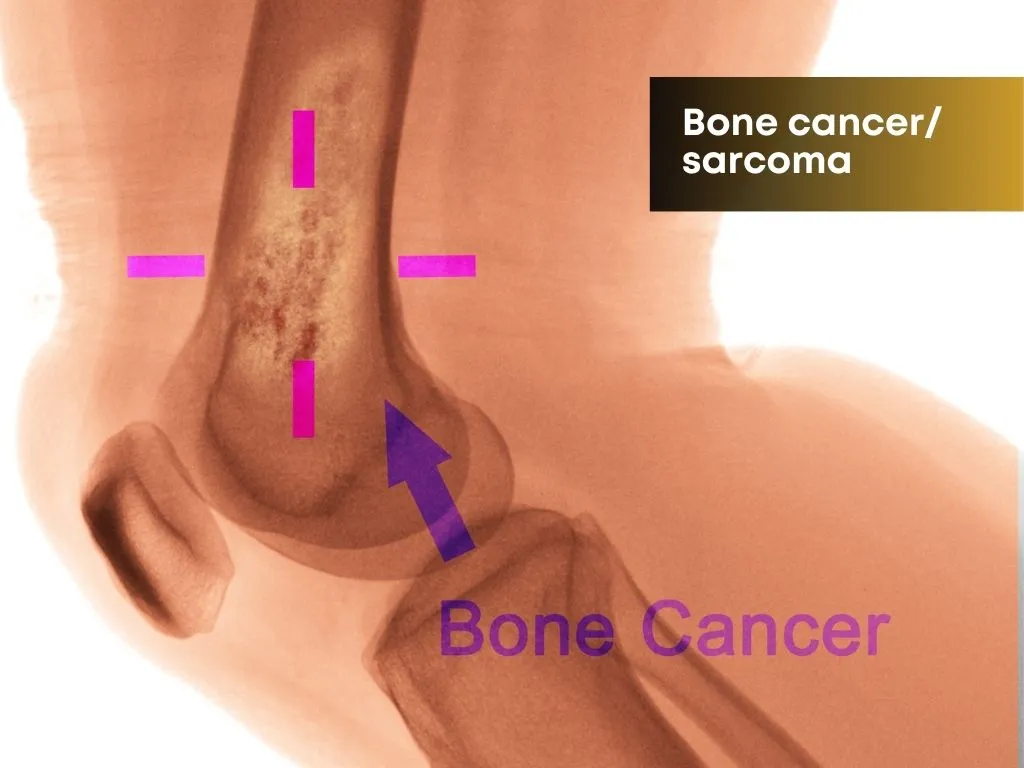Lymphoma
-
 Nalamaree Team
Nalamaree Team
- 24 September 2025
Overview
Lymphoma is a type of cancer that affects the lymphatic system, which is part of the body's immune system. The lymphatic system includes lymph nodes, lymphatic vessels, spleen, thymus gland, and bone marrow. Lymphoma occurs when lymphocytes become abnormal and grow uncontrollably.
There are two main types of lymphoma:
Causes
Lymphomas develop when cells in the lymphatic system, called lymphocytes, undergo abnormal changes, leading to uncontrolled growth and the formation of tumors. These tumors often develop in the lymph nodes, but they can also affect other parts of the body, such as the spleen, bone marrow, or other organs.
Symptoms
Common symptoms of lymphoma can include:
Treatment: Modern Medicine
Treatment: Traditional Medicine
Caution





















.jpg.webp)
